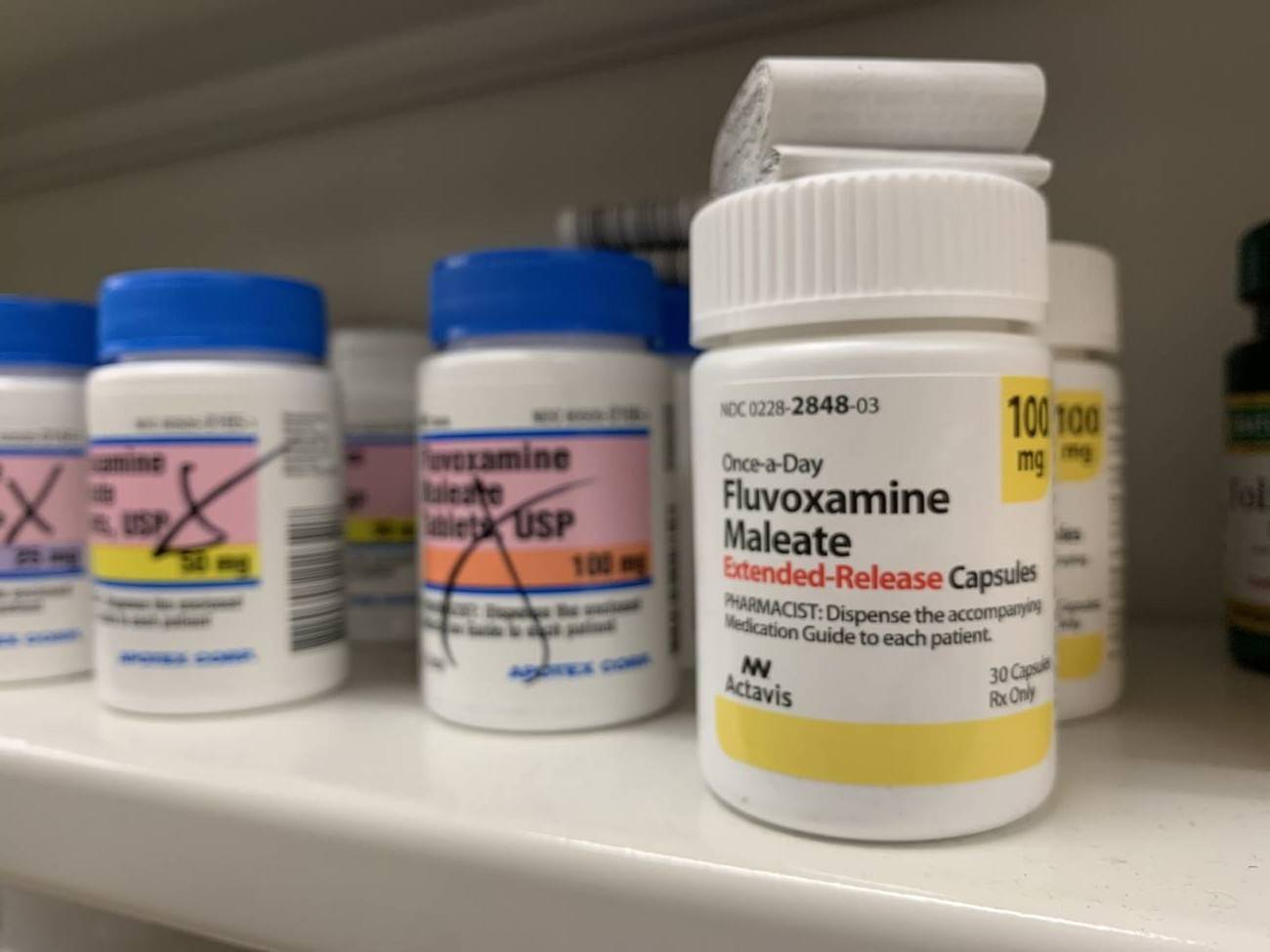Fluvoxamine is an antidepressant drug (of the selective serotonin reuptake inhibitor (SSRI) family). It has been marketed since the mid-1990s and has a licensed indication in major depressive episode and obsessive-compulsive disorder.
Among the many attempts to reposition drugs with other indications for the treatment of covid, several mechanisms have been proposed by which fluvoxamine might reduce the severity of covid-19 (perhaps shared by other SSRIs). And a previous small clinical trial had already suggested in 2020 its potential effectiveness in reducing clinical deterioration in patients with symptomatic covid.
The results support fluvoxamine as an effective, inexpensive, relatively safe and well-tolerated option, of particular importance in resource-poor countries
Results from the TOGETHER trial show a significant reduction in the primary endpoint of the study (a composite of hospitalisations and prolonged emergency department care) in the fluvoxamine group (11%) vs. the placebo group (16%; relative risk: 0.68; 95% Bayesian credible interval: 0.52 to 0.88), with a probability of superiority of 99.8.
These results strongly support fluvoxamine as an effective, inexpensive and relatively safe and well-tolerated option for the early treatment of covid patients in the out-of-hospital setting. An option that is of particular importance in resource-poor countries, although its usefulness is not limited to these countries.
Strengths and limitations
The strengths of the TOGETHER trial, in addition to its sample size and elegant Bayesian adaptive design, include its low risk of bias due to randomisation, blinding and intention-to-treat analysis, as well as the consistency of the subgroup analysis.
Limitations include the absence of adjudication of events and the use of a peculiar combined endpoint as the primary outcome measure (adopted because during periods of hospital overcrowding in Brazil many patients were treated in the ED without being hospitalised), while some relevant secondary endpoints - such as hospitalisation (in isolation, not including ED visits of more than 6 hours), need for mechanical ventilation or mortality - were inconclusive.
The TOGETHER trial is an important step forward in establishing the role of a cheap, accessible and relatively safe alternative therapy among drugs aimed at preventing disease progression
The TOGETHER trial has other notable aspects. One is the use of a Bayesian adaptive design using a randomisation platform resulting from a collaboration between Brazilian and Canadian researchers. These designs allow the randomisation of patients to several therapies simultaneously (TOGETHER also analysed the effectiveness of hydroxychloroquine, lopinavir-ritonavir, metformin, ivermectin, doxazosin and interferon lamda), improving recruitment efficiency, while facilitating discontinuation due to futility or reaching a sufficient size to demonstrate superiority, and the incorporation of new arms with new interventions. They have been, are and will be key designs for rapidly producing high quality information on the effectiveness of treatments. An essential aspect during the pandemic.
The effectiveness and safety of fluvoxamine in the management of covid patients remains to be clarified. In addition to establishing its importance in reducing relevant individual outcomes (hospitalisation, mortality, etc.), it would be useful to know whether or not there is an additive effect with other accepted outpatient treatments such as budesonide or monoclonal antibodies, or its effectiveness in disruptive infection in vaccinated patients (only 6% of the patients recruited had received at least one dose).
In any case, the TOGETHER trial is an important step forward in establishing the role of a cheap, accessible and relatively safe therapeutic alternative among drugs aimed at preventing disease progression, a goal that also requires progress in the early identification of patients at higher risk of developing severe covid.
Salvador Peiró is an epidemiologist and researcher in the Health Services and Pharmacoepidemiology Research Area of the Foundation for the Promotion of Health and Biomedical Research of the Valencian Community (FISABIO), Valencia.

